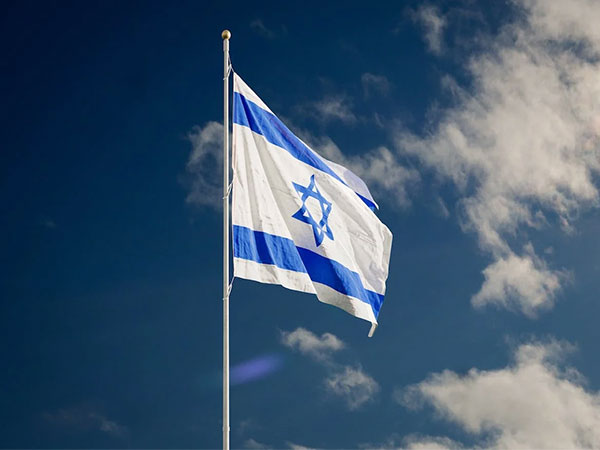Israel evacuated at Rafah to land attack
May 07, 2024
Tel Aviv [Israel], May 7: The Israeli army began evacuating people in the city of Rafah in the southern Gaza Strip to attack on the ground, amid a deadlock in negotiations on a ceasefire and the return of hostages.
The Guardian newspaper reported on May 6 that the Israeli
Tel Aviv is tough
According to the above spokesman, the evacuation is part of Israel's plan to destroy Hamas
Previously, a series of rockets launched at the Kerem Shalom border gate area on May 4 killed 3 Israeli soldiers and injured many others. The Israeli military believes that the series of rockets were launched from an area in Rafah. The soldiers were hit by Hamas fire while protecting heavy machinery, tanks and bulldozers. Hamas claimed responsibility for the attack, causing Israeli officials to close the border gate, which is where aid is brought into Gaza. Israel's retaliatory airstrikes in Rafah hit 10 houses, killing at least 20 people and injuring several others.
In a phone call with his US counterpart Lloyd Austin, Israeli Defense Minister Yoav Gallant said that Israel had no other choice but to attack Rafah.
Mr. Gallant announced that Hamas launched rockets from Rafah targeting an Israel Defense Forces (IDF) position in the border area. He detailed the many efforts being made by the State of Israel to reach an agreement on the release of hostages and a temporary ceasefire
Meanwhile, Mr. Austin reaffirmed his commitment to the unconditional return of all hostages and emphasized the need for any potential Israeli military operation in Rafah to include a credible plan to evacuate Palestinian civilians and maintain the flow of humanitarian aid.
"The Beginning of the Nightmare"
The New York Times on May 6 quoted an anonymous Israeli official saying that Israeli Prime Minister Benjamin Netanyahu's statements about continuing the campaign in Rafah had made Hamas take a tougher stance, leading to the collapse of negotiations.
The possibility of an Israeli attack causing high casualties in Rafah makes many countries worried. Israel's Army Radio said the evacuations were focused on several districts on the edge of Rafah, where people would evacuate to tent camps in the city of Khan Younis and the nearby Al Mawasi area. Many residents in Rafah said they had received calls about evacuations in some areas.
Al Jazeera quoted Norwegian Refugee Council spokesman Samah Hadid as saying that Israel's evacuation order was "completely problematic, inhumane and
Source: Thanh Nien Newspaper








